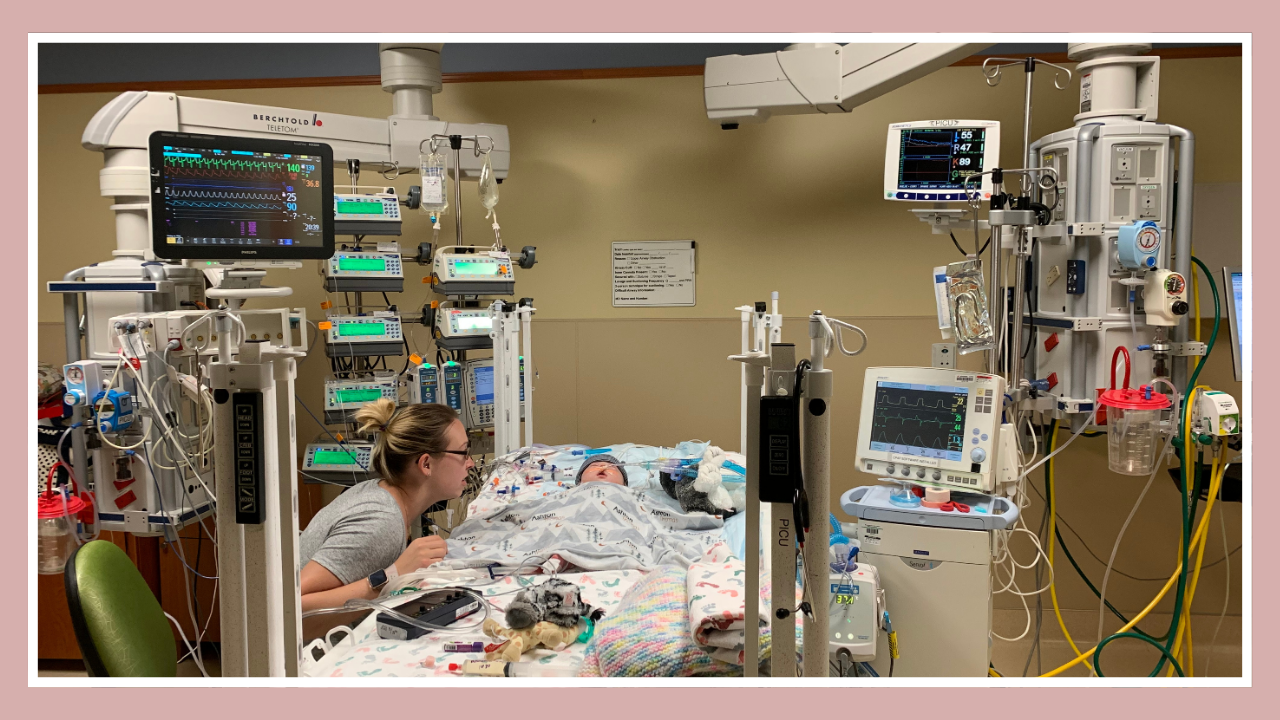
Supporting Mental Health During the Postpartum Journey: A Guide for New Moms
Jun 28, 2024Becoming a mother is one of life's most transformative experiences, filled with immense joy and love, but also considerable challenges. The postpartum period can be a rollercoaster of emotions, physical changes, and adjustments, making it crucial for moms to prioritize their mental health during this time.
In this blog post, we'll explore the importance of mental health support for postpartum moms, common challenges they may face, and practical strategies to help them navigate this journey with confidence and self-compassion.
Understanding the Postpartum Experience
The postpartum period, typically defined as the first year after giving birth, is a time of significant transition for new moms. While the arrival of a newborn is undoubtedly a joyous occasion, the physical and emotional demands of caring for an infant can be overwhelming, especially for breastfeeding moms.
During this phase, moms may experience a range of emotions, from elation and love to anxiety, sadness, and even feelings of detachment. These emotional fluctuations are normal and can be attributed to the hormonal changes that occur after childbirth, as well as the profound lifestyle adjustments that come with parenthood.
Common Challenges Faced by Postpartum Moms
While every mom's journey is unique, there are some common challenges that many postpartum women face:
- Postpartum Depression and Anxiety: According to the Centers for Disease Control and Prevention (CDC), one in nine women experiences postpartum depression, a condition characterized by feelings of sadness, hopelessness, and excessive worry. Postpartum anxiety is also common, with symptoms such as persistent worries, racing thoughts, and physical symptoms like rapid heartbeat or dizziness.
- Sleep Deprivation: Caring for a newborn often means disrupted sleep patterns, which can take a toll on a mom's physical and mental well-being. Lack of sleep can exacerbate feelings of overwhelm and contribute to mood swings.
- Body Image Concerns: The physical changes that occur during pregnancy and childbirth can lead to body image issues for some moms, potentially impacting their self-esteem and confidence.
- Relationship Challenges: The transition to parenthood can strain relationships, as couples navigate new roles and responsibilities. Communication and support from partners are crucial during this time.
- Breastfeeding Difficulties: While breastfeeding is natural, it can be challenging for some moms, leading to feelings of frustration, guilt, and inadequacy.
Strategies for Supporting Mental Health Postpartum
Prioritizing mental health during the postpartum period is essential for both moms and their families. Here are some strategies that can help breastfeeding moms maintain their emotional well-being:
- Seek Professional Support: Don't hesitate to reach out to a mental health professional, such as a therapist or counselor, if you're struggling with postpartum depression, anxiety, or any other mental health concerns. They can provide valuable support, coping strategies, and guidance.
- Build a Support System: Having a strong network of family, friends, or fellow moms who understand the challenges of the postpartum period can make a significant difference. Surround yourself with people who can offer emotional support, practical help, and a listening ear when needed.
- Practice Self-Care: While it may seem challenging with a newborn, making time for self-care activities can help rejuvenate your mind and body. This could include taking a warm bath, going for a gentle walk, practicing deep breathing exercises, or engaging in hobbies that bring you joy.
- Prioritize Sleep: While sleep may be elusive with a newborn, it's essential to prioritize rest whenever possible. Consider setting an alarm to go to bed earlier & create a calming bedtime routine.
- Embrace Mindfulness: Mindfulness practices, such as meditation or yoga, can help manage stress and anxiety during the postpartum period. Even a few minutes of deep breathing or mindful presence can have a calming effect.
- Seek Breastfeeding Support: If you're experiencing breastfeeding difficulties, don't hesitate to reach out to a lactation consultant or support group. Addressing these challenges early can help alleviate stress and frustration.
- Nourish Your Body: Proper nutrition and hydration are essential for both physical and mental well-being during the postpartum period. Aim for a balanced diet rich in nutrients, and don't forget to stay hydrated by drinking plenty of fluids.
Remember, taking care of your mental health during the postpartum journey is not just important for you; it's also crucial for your baby and your family. By prioritizing your well-being and seeking support when needed, you can navigate this transformative period with greater resilience, joy, and confidence.
If you want to feel your best mentally & physically after baby, The Postpartum Shift is for you!







